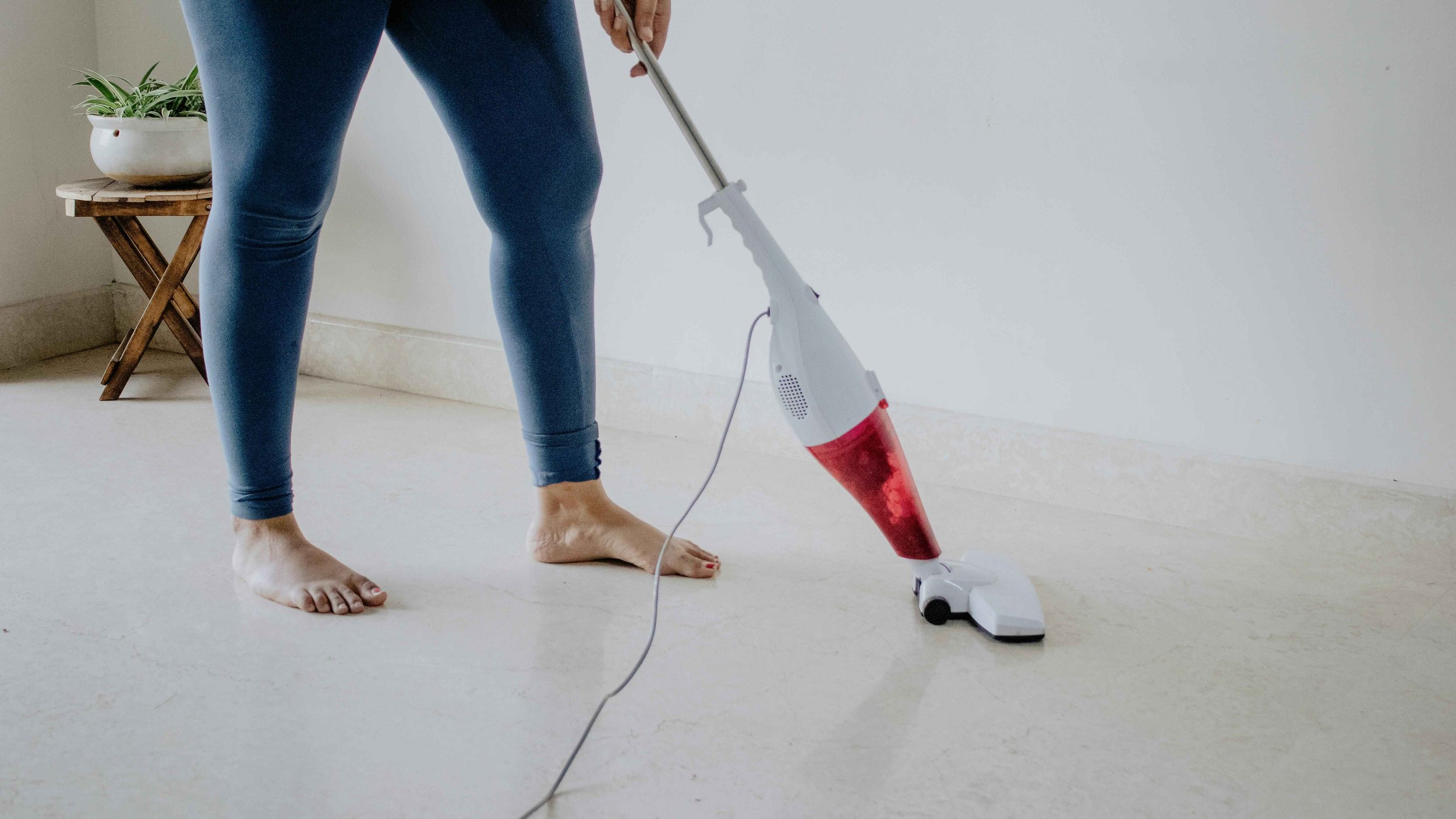Traveling is an exciting way to explore new cultures, meet people, and create unforgettable memories but, for those with claustrophobia, even the thought of crowded airports, cramped airplane seats, or tight hotel rooms can turn a dream trip into a stressful experience. Planning ahead is key to minimizing anxiety and ensuring that your journey feels safe and enjoyable rather than overwhelming. With the right strategies, it is possible to design a travel experience that accommodates your comfort needs without missing out on adventure!
From choosing destinations that feel spacious and open to selecting accommodations and transportation that prioritize personal space, careful planning can make a world of difference. This guide will walk you through practical tips and considerations for every stage of your trip, from booking flights and packing smartly to navigating crowded tourist spots, so that claustrophobia does not stand in the way of your desire to travel. By approaching travel thoughtfully, you can transform potential stressors into manageable steps and truly enjoy the journey ahead.






























